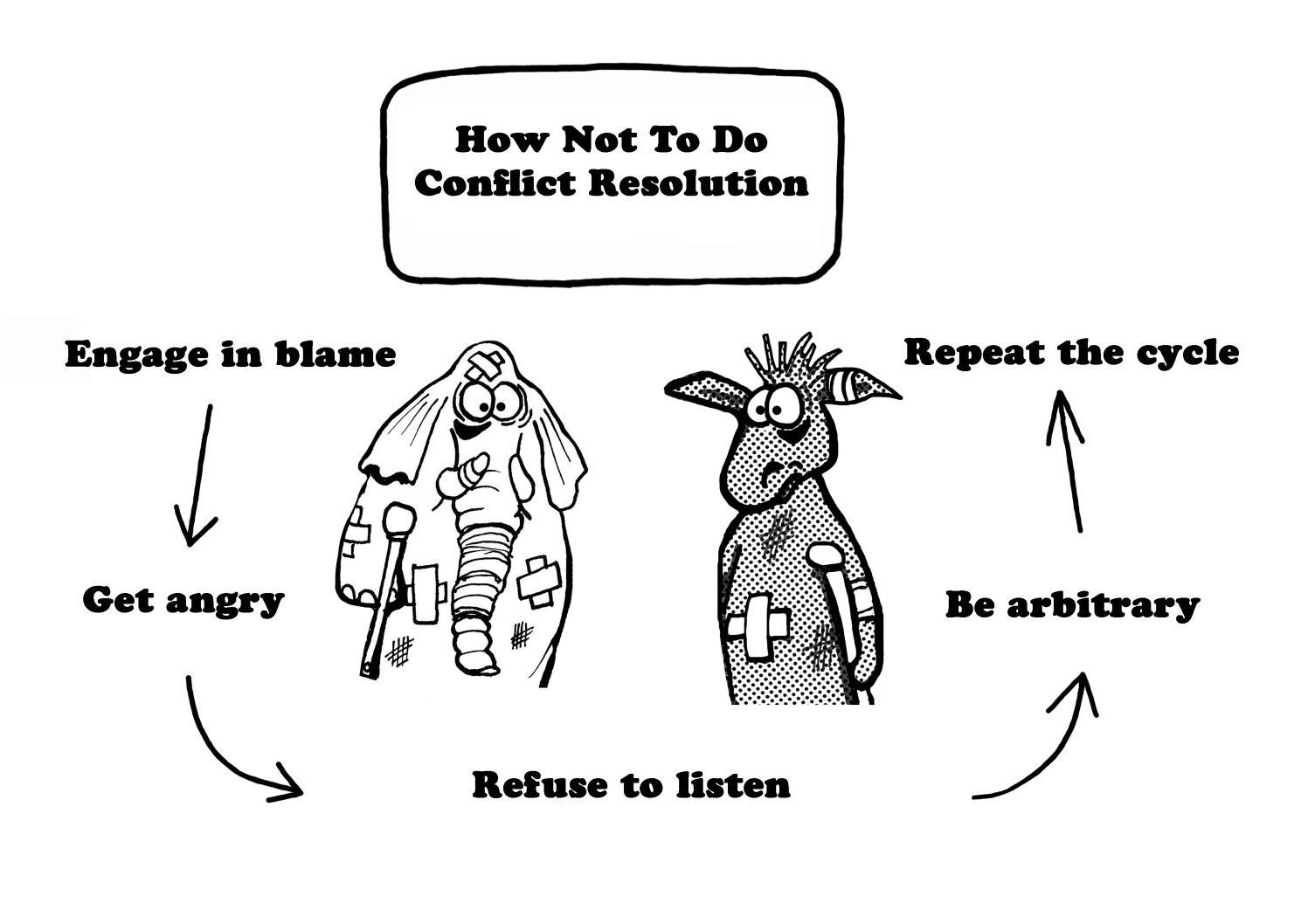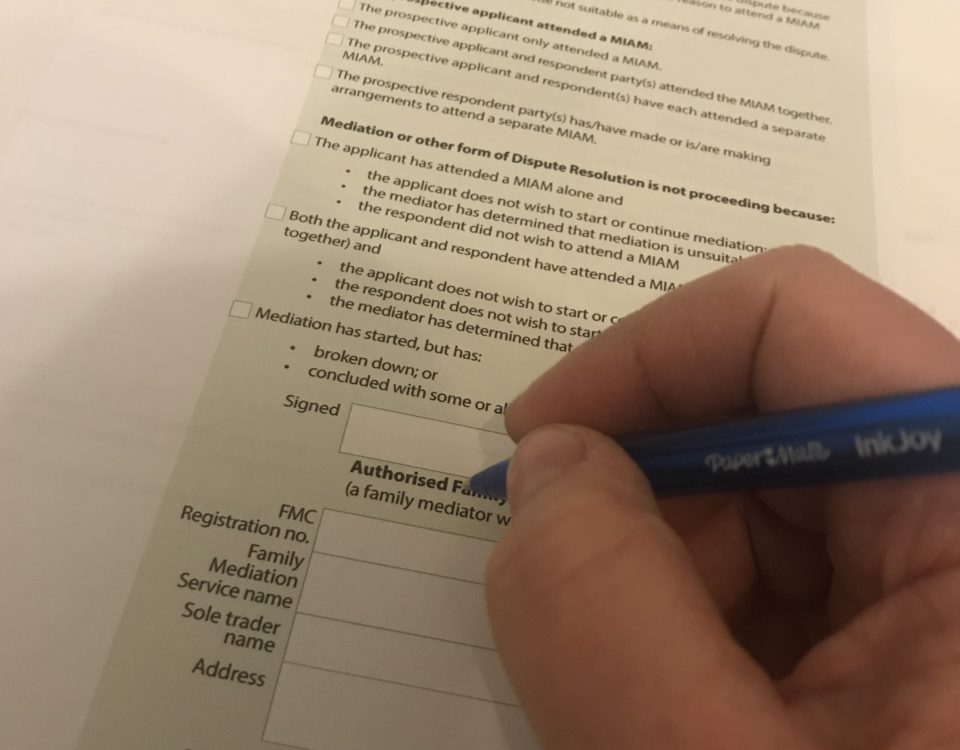
MIAMs What to expect at a Mediation Information and Assessment Meeting
January 7, 2018
Making Decisions in Divorce
May 10, 2018Do I have to have a MIAM?
People only ask the above question when they are convinced they should be going to court. They feel that a Mediation Information and Assessment Meeting (MIAM) is just another thing preventing them from getting what they want. Or they are the respondent, who is being lead unwittingly toward the court.
Is Mediation still voluntary in the UK?
Mediation in the UK is still voluntary. A mediator cannot work with reluctant participants who are unwilling or unable to listen and engage with the other partner. However, the real question is: ‘Should you refuse and what are the consequences if you do?’
What do mediators do?
Family mediators have two very different roles in the family law process. Their main function as a mediator is facilitating and working with separating couples to help them find a way to agree how to co-parent, separate their finances and assets and making sure they both have somewhere to live and the money to make those proposals work. People who engage in this process will work hard with a mediator to sort out their difficulties.
The other role for an Authorised Family Mediator is to see the prospective applicant (and invite and encourage the respondent) so they can hear more about their dispute resolution options before they make the court application. This can and, in my view should, be seen as an opportunity to put a break in the spiral of conflict which so often surrounds and takes over when couples separate. The mediator sits down separately with each client and tells them about all the different methods people use to decide what will happen to their assets and children. A mediator cannot force someone mediate or sit in the same room with the other person and talk. The mediator informs each person about the process of mediation and where it fits in family law.
Why are people resistant to mediation?
So often the history of conflict, the reasons why the relationship broke down, makes everything too raw and too personal. The couple have seen each other as vulnerable, hurt, angry and scared. They also know about each other, will often accuse each other of lying, being vindictive or just out to hurt the other person. With that back-drop what is the point? Most people have probably never been in such a toxic relationship breakdown before. By trying mediation, a couple has nothing to lose and everything to gain, starting with their self-respect. If a couple can separate with dignity they give their children a good future and they save money. Aviva reported in 2018 that in 4 years the cost of legal fees has more than doubled.
The Family Court into prospective…
To put the family court process and the requirement for a MIAM into prospective, only a very small number of family disputes end in a contested court hearing. How many of the potential cases are diverted from the court after the MIAM process is hard to tell because the best result is a Consent Order. The National Audit Office reported in 2014 that the average cost and time of mediated outcomes was significantly less than using other methods. Money and time which could be better spent re-building lives and moving forward.
What happens if I don’t have a MIAM?
If a court application is made without attending a MIAM a person may find their case is adjourned,, pending a MIAM, causing a delay they did not want. If the respondent does not attend they are losing the opportunity to stay in control. Most family mediators can give couples a real insight in to what the court process is like. As soon as the application is received, the court takes over the case management. The couple’s control over the outcome diminishes.
So do I have to have a MIAM?
The answer of course, is yes, you can refuse to go to a MIAM. But..going for a MIAM works because it gives the couple an opportunity to realise that they need to resolve the problem. They can do it with a mediator and they can get what they want: an end to the conflict, a fair financial settlement and happy life for their children.




